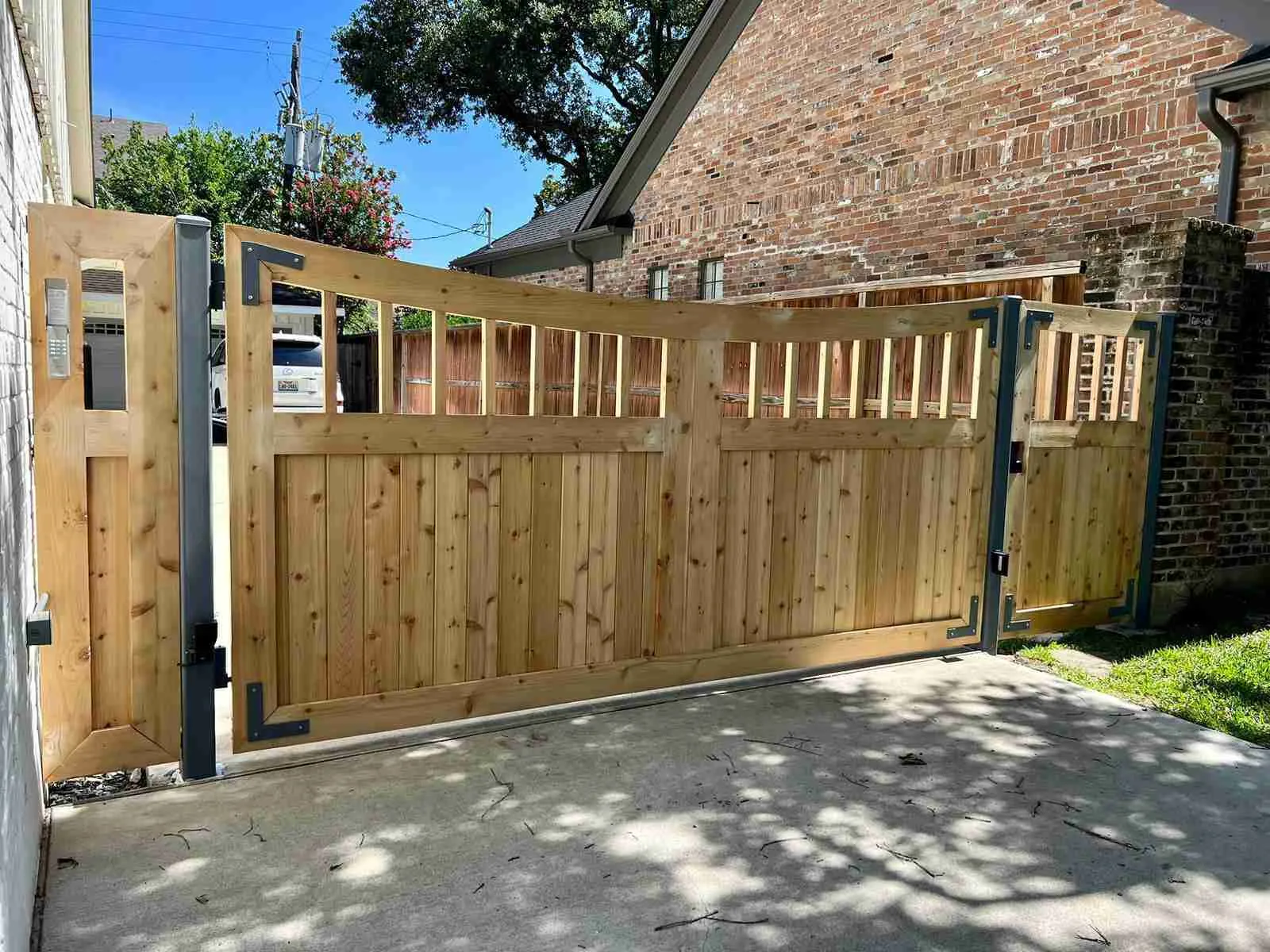When it comes to home comfort and protection, window screens play an essential role. They offer a barrier against insects, enhance ventilation, and contribute to energy efficiency. This guide will explore the different types of window screens, their benefits, and helpful tips for installation.
Types of Window Screens
1. Fiberglass Screens
Fiberglass screens are one of the most common types used in residential properties. Made from woven fiberglass threads, they are lightweight, durable, and resistant to rust and corrosion. They come in various mesh sizes, allowing homeowners to choose the level of airflow and visibility they desire. Fiberglass screens are also relatively inexpensive and easy to install.
2. Aluminum Screens
Aluminum screens are another popular option, known for their strength and durability. They are more rigid than fiberglass screens and can withstand harsher weather conditions. Aluminum screens are resistant to corrosion, making them suitable for coastal areas. However, they may dent or bend more easily compared to fiberglass, so care should be taken during installation and cleaning.
3. Solar Screens
Solar screens are specifically designed to block harmful UV rays while still allowing airflow. They are typically made from a tightly woven material that provides significant heat reduction and glare control. Installing solar screens can help lower energy costs by reducing the need for air conditioning, making them an eco-friendly option for homeowners.
4. Retractable Screens
Retractable screens are a versatile solution for homeowners who want the option to open their windows without a permanent screen in place. These screens can be easily pulled down or retracted into a housing unit when not in use. They offer the convenience of unobstructed views and ventilation, making them ideal for patio doors or large windows.
5. Pet Screens
For pet owners, specialized pet screens are designed to withstand the claws and scratches of curious animals. Made from heavier gauge materials, pet screens provide added durability while still allowing airflow. They are an excellent choice for homes with cats and dogs that love to perch by open windows.
Benefits of Window Screens
1. Insect Protection
The primary function of window screens is to keep unwanted pests out of your home. By installing screens on your windows, you can enjoy fresh air without worrying about flies, mosquitoes, and other insects entering your living space.
2. Enhanced Airflow
Window screens allow for improved ventilation, which can help regulate indoor temperatures. This is especially beneficial during warmer months when you want to cool down your home naturally. By keeping your windows open with screens, you can enjoy a breeze while minimizing the risk of insect intrusion.
3. Energy Efficiency
By allowing fresh air to circulate and reducing the need for air conditioning, window screens contribute to energy efficiency. This not only helps lower your utility bills but also reduces your carbon footprint, making your home more environmentally friendly.
4. UV Protection
Some window screens, like solar screens, are designed to block harmful UV rays, protecting your furnishings, flooring, and artwork from fading. This added layer of protection can prolong the life of your interior decor.
Installation Tips for Window Screens
1. Measure Accurately
Before purchasing or installing window screens, measure your window openings carefully. Accurate measurements ensure a proper fit, which is crucial for effective insect protection and optimal airflow.
2. Choose the Right Material
Consider your needs and preferences when selecting the screen material. For example, if you live in an area with high winds, aluminum screens might be a better choice due to their sturdiness. If you have pets, opt for a pet screen that can withstand scratches.
3. Follow Manufacturer Instructions
Always follow the manufacturer’s instructions for installation. Each type of screen may have specific requirements for mounting and securing it in place. Adhering to these guidelines will ensure the longevity and effectiveness of your screens.
4. Maintain Your Screens
Regular maintenance is key to prolonging the life of your window screens. Clean them periodically to remove dirt, debris, and cobwebs, which can obstruct airflow. If you notice any tears or damage, repair or replace the screen promptly to maintain its functionality.
Conclusion
Window screens are a vital component of any home, providing protection against insects while enhancing airflow and energy efficiency. By understanding the various types of window screens available and following installation tips, homeowners can enjoy the many benefits these products offer. Whether you opt for fiberglass, aluminum, solar, or retractable screens, investing in quality window screens will enhance your home’s comfort and functionality for years to come.





More Stories
Unlock Effortless Elegance Through the Modern Hairpiece
How a SaaS Marketing Agency Can Transform Your Software Business
Chain Link Fence Port St. Lucie: A Practical Blend of Strength and Simplicity